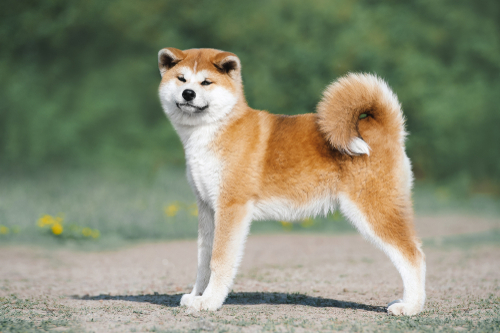Thirty different breeds of dogs comprise the Working Group, including the Great Pyrenees, Boxer, Newfoundland, Akita, German Shepherd, and the Siberian Husky. If you are considering adding one of these clever, powerful canines to your family, you may be wondering about K9 training classes for working breed dogs.
Of course, these special dogs have been carefully bred to produce animals that are physically and intellectually prepared to help their owners work. They make excellent farm dogs, rescue dogs, police dogs, sled dogs, or cattle dogs, though when their day’s work is done, they are all too happy to curl up to rest with the rest of the family.
However, if dogs from the Working Group are not trained by an experienced dog trainer, their tendencies toward stubbornness and independent thought can make them unpleasant companions—or even dangerous liabilities.
Does My Working Breed Dog Need Specialized Classes?
If you are a first-time dog owner, or lack the current training to provide clear, consistent guidance for your highly intelligent Working Breed Dog, it’s imperative that you enroll your new puppy in classes that will establish the appropriate dynamic between the two of you. You must be your dog’s reliable, strong leader for your animal’s entire life.
Fortunately, today’s Working Group dogs can enroll in classes that provide specific challenges, both physical and intellectual, that precisely meet the ingrained needs that all Working Breed Dogs share. Water dogs can participate in dock diving classes, shepherds can fill their niche herding and carting, and rescue breeds can learn how to find nearly any item with a few simple steps!
When Should I Enroll My Working Breed Dog in Puppy Training Classes?
Due to their large, powerful builds and active, agile minds, Working Breed Puppies must be trained carefully and consistently when they are quite small. While a smaller companion dog might begin formal training at 4 months of age, a working breed dog would be huge by then, and nearly too strong to manage.
If the idea of wrangling a stubborn, frantic 55-lb puppy isn’t appealing to you, then it’s crucial to establish boundaries before your pup begins really testing his boundaries. Since dogs begin attempting to gain independence between three and five months of age, you will most likely want to begin training your puppy the moment he joins your household.
Just as human teenagers test even the most patient parent’s limits, your “teenage” puppy will seem nearly wild as he pushes your boundaries. Remember, this difficult period is your key opportunity to exercise preventive training.
Be Proactive: Discourage Problematic Behavior Immediately
While properly-trained adult Working Breed Dogs are docile and pliable, dogs who have formed negative behaviors must be re-trained, which is much more difficult. In order to avoid potential conflicts between you and your dog, or your dog and others, you must identify behaviors that will be a problem down the line.
While almost anything a new puppy does is adorable, when a dog is nearly 100 lbs of muscle, teeth, and nails as thick as a child’s finger, it isn’t cute at all. The following behaviors must be discouraged—even in play—every time.
- Barking, growling, nipping, snarling, and snapping.
- Guarding food, toys, resting places, or preferred household members.
- Jumping up on or pawing at people, furniture, vehicles, or other animals.
- Demanding your focus when you are otherwise occupied.
- Head-butting, leaning into, or pushing past family members to demand right-of-way.
- Herding or chasing members of the household.
- Stealing food.
- Pursuing other animals as prey.
Proper puppy training classes will help you eliminate these behaviors while your puppy is small and manageable. Before you know it, you’ll be molding your Working Breed dog into the perfect companion throughout every age and stage.



